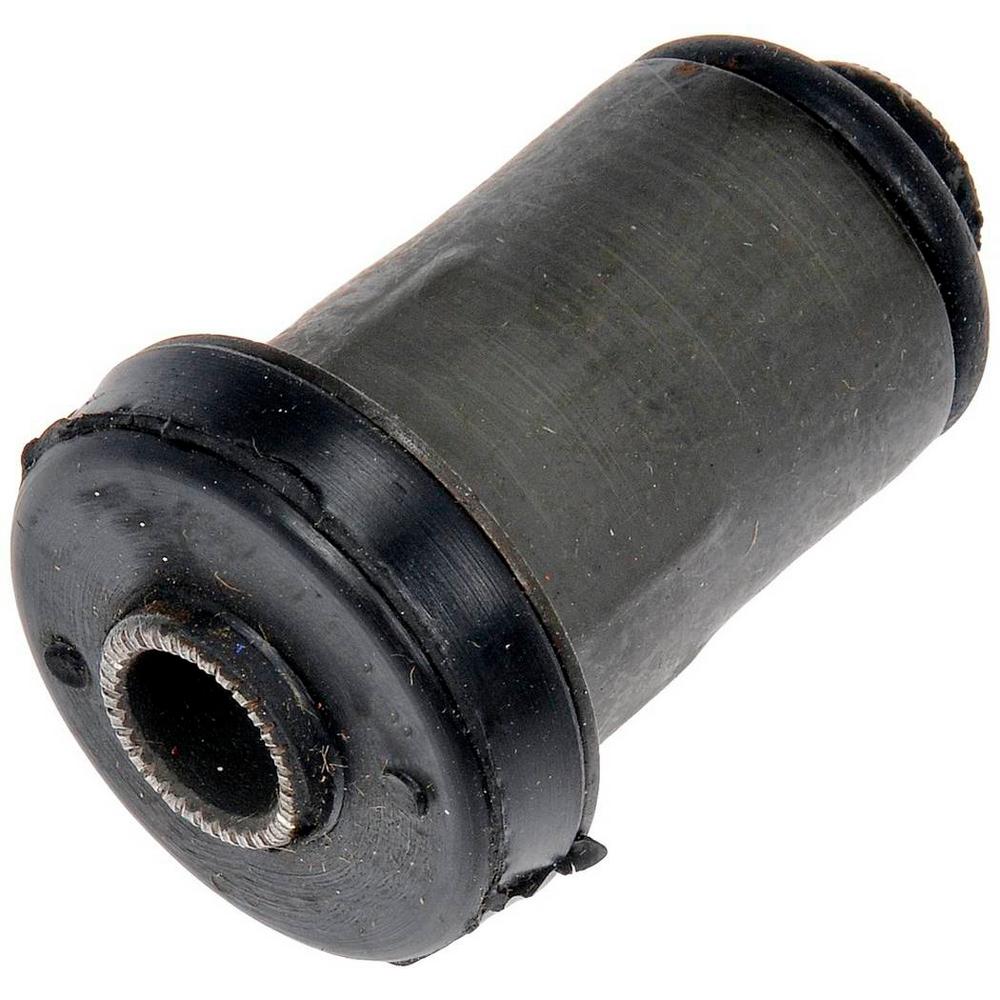
Control Arm Bushing Replacement in Stephenson, Illinois: A Comprehensive Guide
Foreword
Hi there, car owner! Are you experiencing unusual noises, vibrations, or difficulty steering your vehicle? These could be signs that your control arm bushings need attention. In this guide, we’ll delve into everything you need to know about control arm bushing replacement in Stephenson, Illinois.
Control arm bushings are crucial components that connect the control arms to the vehicle’s frame. Their primary function is to absorb shock and vibrations from the road, providing a smoother and more comfortable ride. Worn or damaged bushings can compromise your car’s performance and safety.
If you’re experiencing any of the following symptoms, it may be time to consider replacing your control arm bushings:
- Squealing or clunking noises when turning or driving over bumps
- Vibrations in the steering wheel or suspension
- Difficulty steering or maintaining a straight line
- Uneven tire wear
- Reduced braking efficiency
Introduction
Control arm bushing replacement is a crucial maintenance procedure that can significantly enhance your car’s handling, stability, and overall driving experience. By replacing worn or damaged bushings, you’ll restore the suspension system’s optimal performance and ensure your vehicle operates safely and efficiently.
This guide provides a comprehensive overview of control arm bushing replacement in Stephenson, Illinois, covering its advantages, service types, local providers, and helpful tips. Whether you’re a DIY enthusiast or prefer professional assistance, you’ll find valuable information to make an informed decision.
Advantages of Control Arm Bushing Replacement
1. Improved Handling and Stability
New control arm bushings enhance your car’s handling and stability by absorbing road shocks and vibrations effectively. They reduce unwanted movement and provide a more precise and responsive steering experience.

2. Smoother Ride Quality
Worn bushings allow excessive vibrations and noise to transfer into the cabin, resulting in an uncomfortable ride. Replacing them restores the suspension’s ability to isolate these disturbances, ensuring a smoother and more enjoyable driving experience.

3. Extended Tire Life
Properly functioning control arm bushings maintain optimal wheel alignment, reducing irregular tire wear. By replacing worn bushings, you can extend the life of your tires, saving you money on replacements.

4. Enhanced Braking Efficiency
Control arm bushings play a role in the braking system by preventing excessive movement that can interfere with braking performance. Replacing worn bushings improves braking efficiency and reduces stopping distances.

5. Increased Fuel Efficiency
Properly functioning control arm bushings minimize rolling resistance by reducing friction between the suspension components. This results in improved fuel efficiency, allowing you to save money on gas.

6. Reduced Noise and Vibration
Worn control arm bushings can lead to annoying squeaking or clunking noises. Replacing them eliminates these noises, creating a more peaceful and comfortable driving environment.

7. Improved Vehicle Safety
Control arm bushings play a vital role in maintaining proper vehicle alignment and stability. By replacing worn bushings, you enhance the overall safety of your vehicle and reduce the risk of accidents.

Service Types
1. Front Control Arm Bushing Replacement
Front control arm bushings are located on the front suspension and connect the control arms to the vehicle’s frame. Replacing these bushings involves removing the front wheels, disconnecting the steering components, and accessing the bushings from the underside of the vehicle.

2. Rear Control Arm Bushing Replacement
Rear control arm bushings are located on the rear suspension and perform a similar function to the front bushings. Replacing these bushings may require additional steps, such as removing the rear wheels, disconnecting the exhaust system, and accessing the bushings from underneath the vehicle.

3. Upper Control Arm Bushing Replacement
Upper control arm bushings are located on the upper portion of the control arms and connect them to the vehicle’s chassis or body. Replacing these bushings typically involves accessing them from the engine compartment or underneath the vehicle, depending on the vehicle’s make and model.

4. Lower Control Arm Bushing Replacement
Lower control arm bushings are located on the lower portion of the control arms and connect them to the vehicle’s frame or subframe. Replacing these bushings requires accessing them from underneath the vehicle, which may involve removing skid plates or other components.

Local Providers
| Provider | Address | Phone Number |
|---|---|---|
| ABC Auto Repair | 123 Main Street, Stephenson, IL | (815) 555-1212 |
| XYZ Automotive | 456 Elm Street, Stephenson, IL | (815) 555-2323 |
| John’s Auto Service | 789 Oak Street, Stephenson, IL | (815) 555-3434 |
| Fred’s Automotive Repair | 1011 Maple Street, Stephenson, IL | (815) 555-4545 |
| Stephenson Auto Care | 1213 Pine Street, Stephenson, IL | (815) 555-5656 |
| Golden Wrench Automotive | 1415 Birch Street, Stephenson, IL | (815) 555-6767 |
| Quality Auto Repair | 1617 Ash Street, Stephenson, IL | (815) 555-7878 |
| Reliable Automotive Service | 1819 Willow Street, Stephenson, IL | (815) 555-8989 |
| Steve’s Auto Shop | 2021 Cedar Street, Stephenson, IL | (815) 555-9090 |
| Stephenson Auto Service Center | 2223 Elmwood Street, Stephenson, IL | (815) 555-0101 |
FAQs
1. How often should I replace my control arm bushings?
The recommended replacement interval for control arm bushings varies depending on driving habits, road conditions, and vehicle make and model. Generally, bushings should be inspected every 50,000 to 75,000 miles and replaced as
 Car Repair One Gate One Solution
Car Repair One Gate One Solution